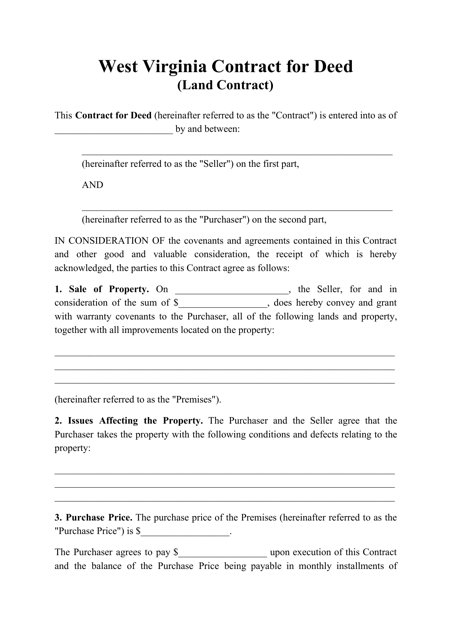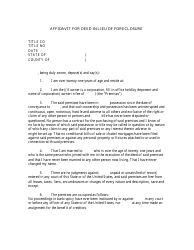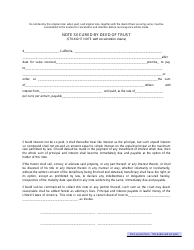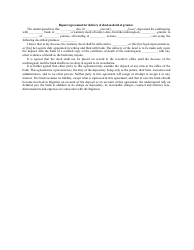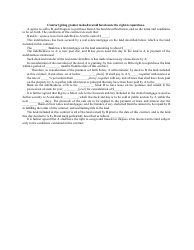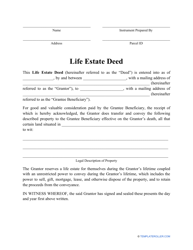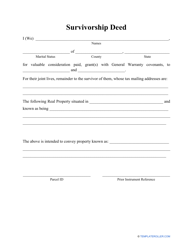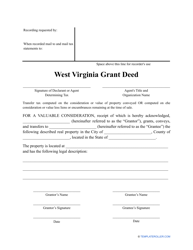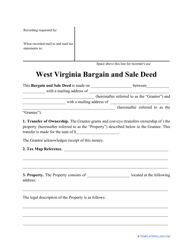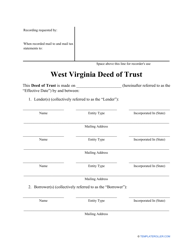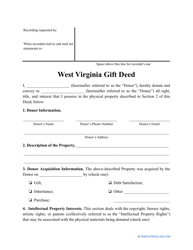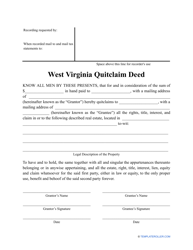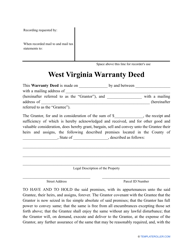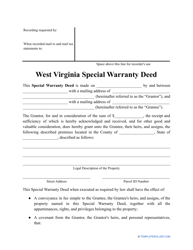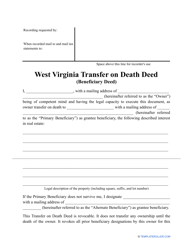Contract for Deed (Land Contract) - West Virginia
A Contract for Deed, also known as a Land Contract in West Virginia, is a legal agreement between a buyer and seller for the purchase of real estate. It allows the buyer to make payments to the seller over time, usually with interest, until the full purchase price is paid. The buyer does not receive the title to the property until the final payment is made.
In West Virginia, the Contract for Deed (Land Contract) is typically filed by the buyer at the county clerk's office.
FAQ
Q: What is a contract for deed?
A: A contract for deed, also known as a land contract, is a legal agreement between a buyer and seller where the buyer agrees to make payments to the seller for the purchase of a property.
Q: How does a contract for deed work?
A: Under a contract for deed, the buyer does not immediately obtain legal ownership of the property. Instead, they make regular payments to the seller until the purchase price is fully paid, at which point they receive the title to the property.
Q: Is a contract for deed commonly used in West Virginia?
A: Yes, contract for deed arrangements are relatively common in West Virginia as an alternative to traditional mortgage financing.
Q: What are the advantages of a contract for deed?
A: Some advantages of a contract for deed include a faster and simpler purchase process, more flexible financing options, and the ability for buyers with less-than-perfect credit to become homeowners.
Q: Are there any risks with a contract for deed?
A: Yes, there are risks involved with a contract for deed. The buyer may lose all payments made if they fail to fulfill the terms of the contract, and the seller retains legal ownership until the purchase price is fully paid.
Q: Is it recommended to have a contract for deed reviewed by an attorney?
A: Yes, it is recommended to have a contract for deed reviewed by an attorney to ensure all terms are fair and protect the interests of both the buyer and seller.
Q: Can a contract for deed be terminated?
A: Yes, a contract for deed can be terminated if both parties agree, or if one party fails to meet the terms of the contract. However, the specific conditions for termination should be outlined in the contract.
Q: Are property taxes and insurance the responsibility of the buyer or seller in a contract for deed?
A: In most cases, the buyer is responsible for property taxes and insurance while they are making payments under a contract for deed.
Q: Can a contract for deed be used for any type of property?
A: Yes, a contract for deed can be used for residential, commercial, or vacant land properties, depending on the agreement between the buyer and seller.
Q: Is a down payment required for a contract for deed?
A: The requirement for a down payment in a contract for deed is negotiable between the buyer and seller, and can vary depending on the specific agreement.
